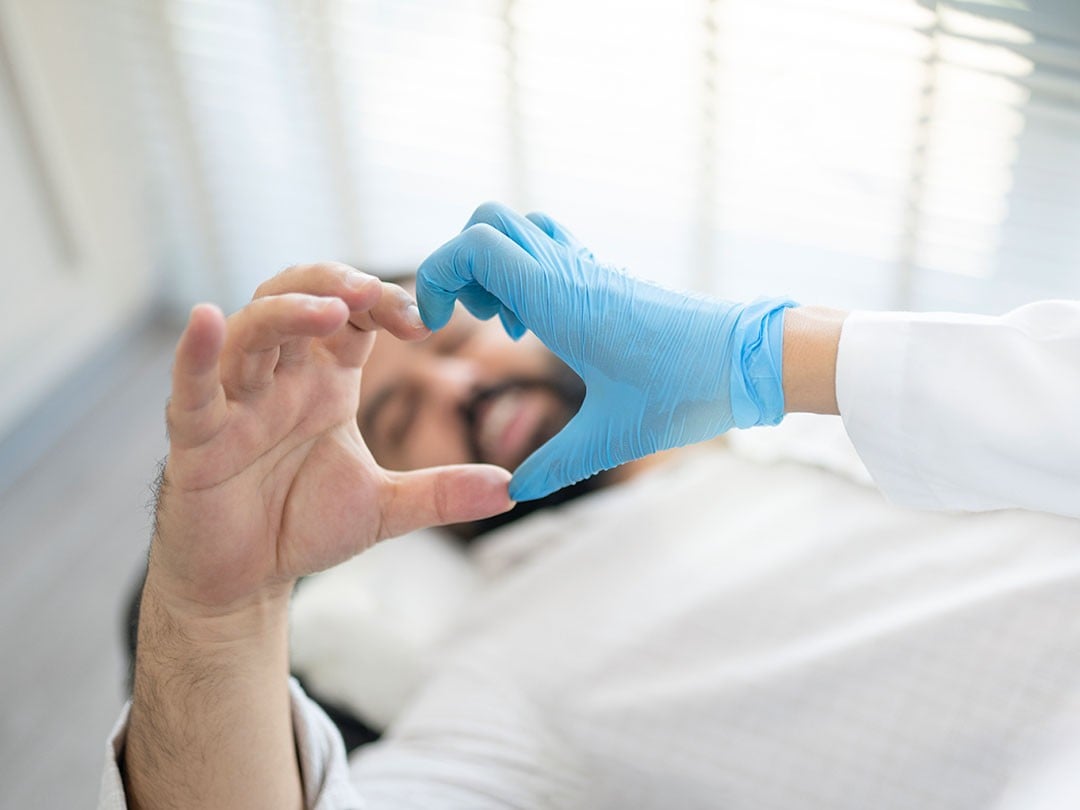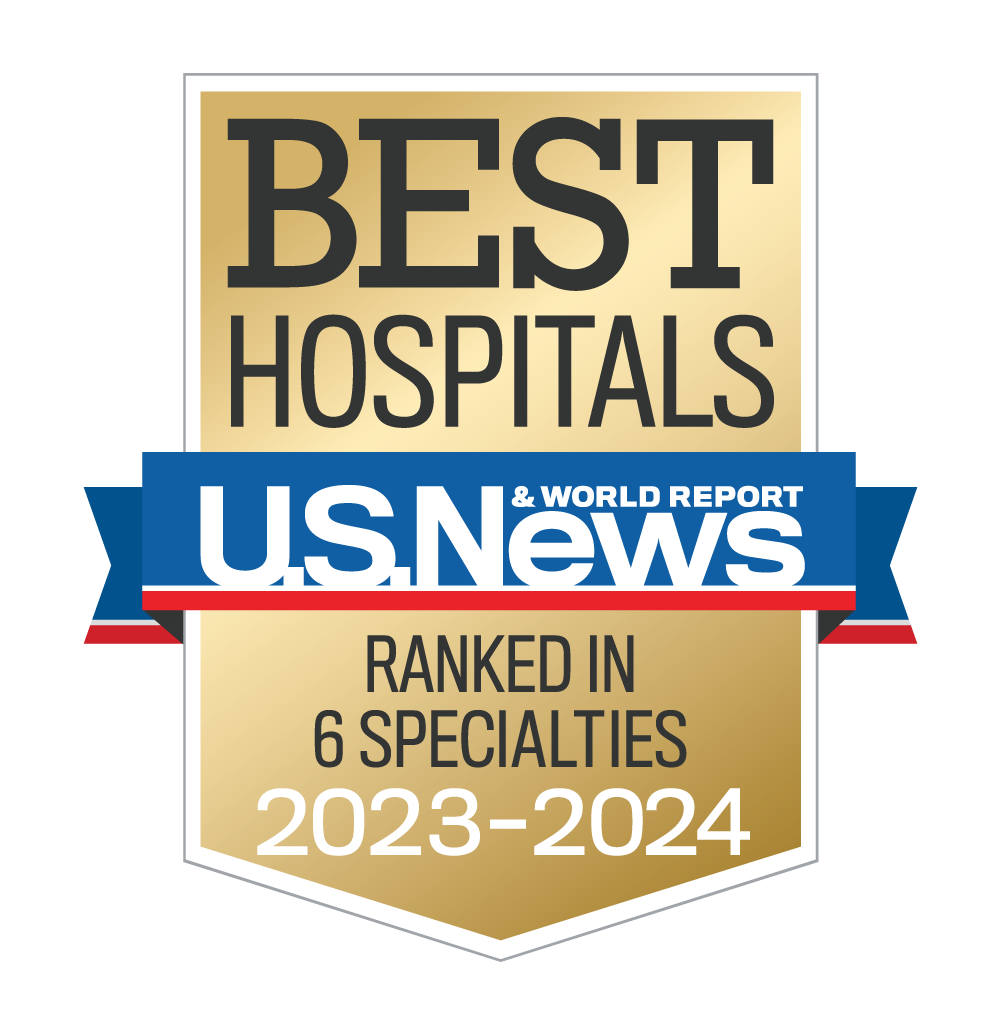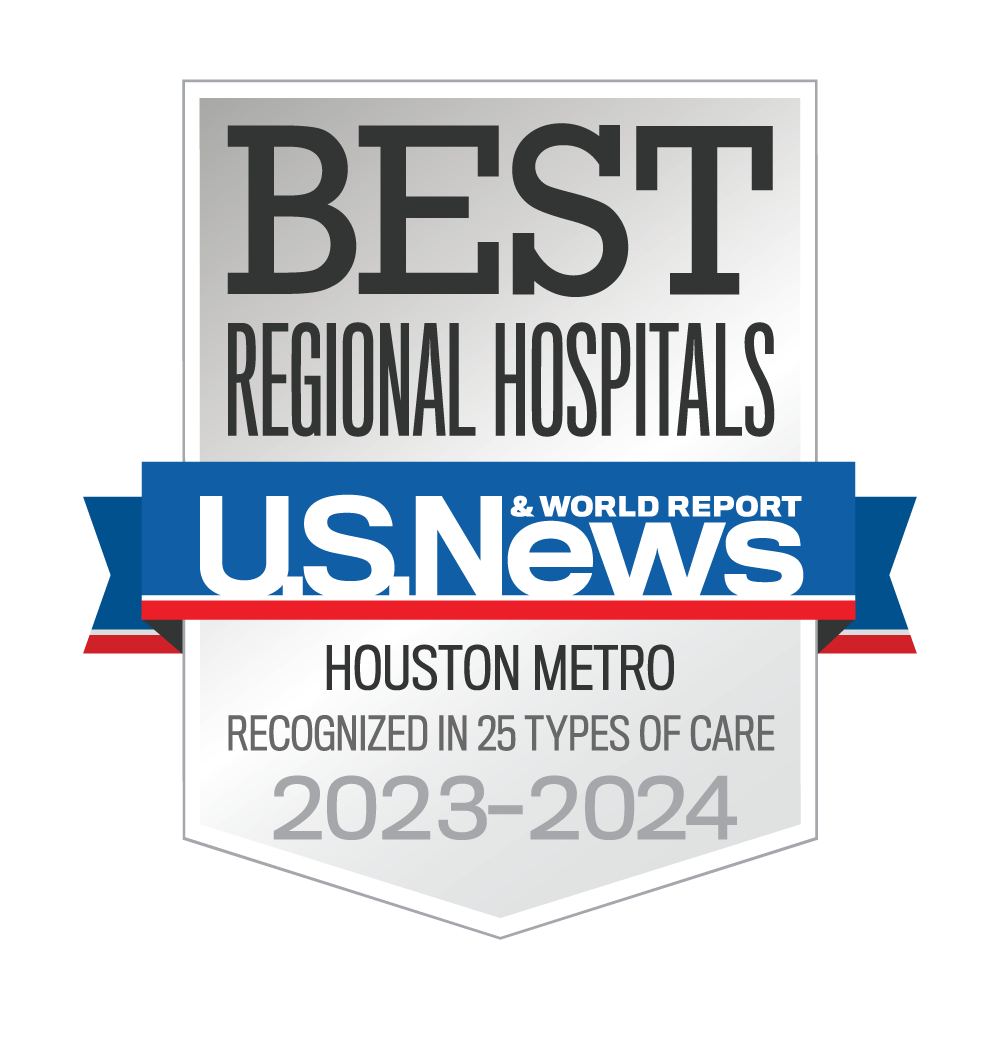If you are accepted for transplantation, you will be placed on a national computer list of active candidates waiting for a donor. Recipients are chosen according to a complex set of criteria, including blood type, body and organ size, physical condition, age, and length of time on the waiting list. The United Network for Organ Sharing (UNOS) coordinates the equitable sharing of organs throughout the United States and oversees all donor centers and procurement agencies.
Once you are added to the national organ transplant waiting list, you may receive an organ that day, or you may wait many years. Factors affecting how long you wait include how well you match with the donor, how sick you are, and how many donors are available in your local area compared to the number of patients waiting.
The transplant coordinators must be able to contact you 24 hours a day and you must be able to get to the hospital within a reasonable amount of time once a kidney becomes available. When a donor kidney is found, you will be notified immediately and given instructions.





